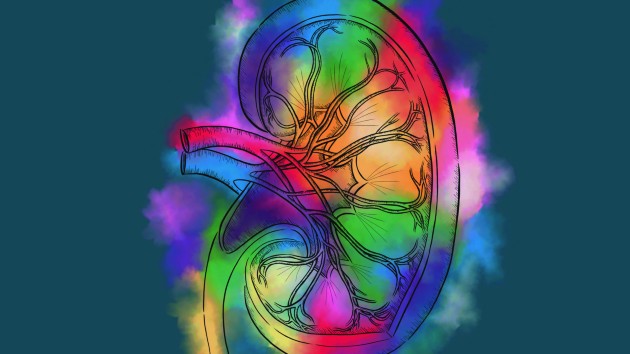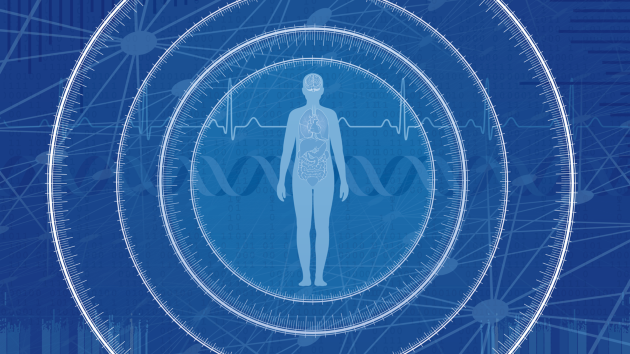Series |
Collections
-
-
Series |
 Tools and technologies
Tools and technologies
In this article series, Nature Reviews Nephrology presents articles that explore the tools and techniques that are improving our understanding of renal development, physiology and disease mechanisms as well as contributing to advances in the screening, diagnosis and management of kidney diseases.
-
Collection |
 Cancer Metabolism 2.0
Cancer Metabolism 2.0
The field of cancer metabolism research is entering its 2nd century since the first description of the changes in metabolism of cancer cells by Otto Warburg and his colleague Seigo Minami in 1923.
Image: Lara Crow/Springer Nature Limited -
Series |
 Humanitarian challenges in Nephrology
Humanitarian challenges in Nephrology
This series of articles focuses on global humanitarian challenges in nephrology that contribute to widespread disparities in kidney health, including issues related to social injustices and environmental protection. These articles explore areas of progress and highlight where innovation in research and policy are most needed to tackle health inequity.
Image: L. Crow/Springer Nature Limited -
Focus |
 Kidney health in the ageing world
Kidney health in the ageing world
Population ageing will exacerbate the burden of ageing-related diseases, including chronic kidney disease (CKD).
Image: L. Crow -
Collection |
 Pride in nephrology
Pride in nephrology
This Collection aims to highlight the challenges faced by LGBTQ+ colleagues and nephrology patients, and the need to address health inequities.
Image: Lara Crow -
Collection |
 World Kidney Day
World Kidney Day
World Kidney Day is a global campaign that aims to raise awareness of kidney disease and the importance of kidney health.
-
Collection |
 Key Advances in Nephrology
Key Advances in Nephrology
The Key Advances in Nephrology collection offers expert insight into the most important discoveries made each year, and is an essential resource for students, physicians and clinical researchers.
-
Collection |
 AI in health care
AI in health care
The use of artificial intelligence (AI), including machine learning and large language models, is revolutionizing health care, from drug discovery and development, through to applications in the risk stratification, diagnosis, imaging, monitoring, prognostication, and pharmacological and surgical treatment of patients.
Image: V. Summersby / Springer Nature Limited -
Focus |
 Sex differences in kidney disease and physiology
Sex differences in kidney disease and physiology
Sex differences exist in all physiological systems and impact every aspect of human health and disease.
Image: L. Crow -
Series |
 Hypertension
Hypertension
The global prevalence of hypertension is increasing owing to factors including population ageing and obesity. This series of articles aims to explore basic, clinical and translational aspects of hypertension, including the epidemiology, pathogenesis, patient management and novel therapeutic strategies.
Image: Vicky Summersby -
Focus |
 Regulated necrosis in the kidney
Regulated necrosis in the kidney
Regulated cell death contributes to the loss of parenchymal cells in acute and chronic kidney disease and might also modulate immune and inflammatory responses. This Focus issue explores the potential contribution of regulated necrosis pathways — ferroptosis, necroptosis and pyroptosis – to kidney injury.
Image: L. Crow

 Nephrogenetics
Nephrogenetics